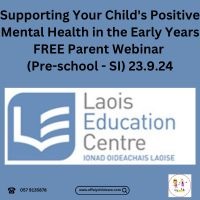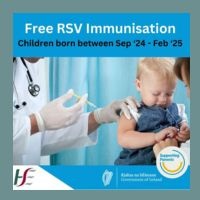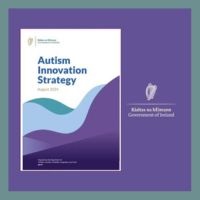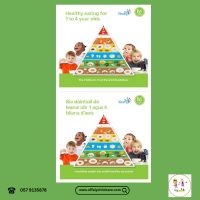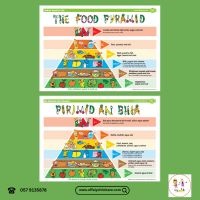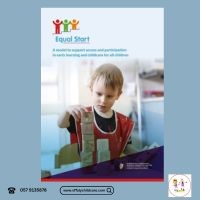Latest News
- My Little Library 2025 Initiative Launches for 60,000 children starting primary school in the coming months
- Importance of MMR vaccine and being measles aware
- An tábhacht a bhaineann le vacsaín MMR agus a bheith airdeallach ar an mbruitíneach
- Water Safety Ireland
- Annual Early Years Sector Profile 2024/25 survey launch
- AIM Level 4,5 and 7 standard applications are now open
- Updated Service Profile and May Core Funding Review and Confirm

